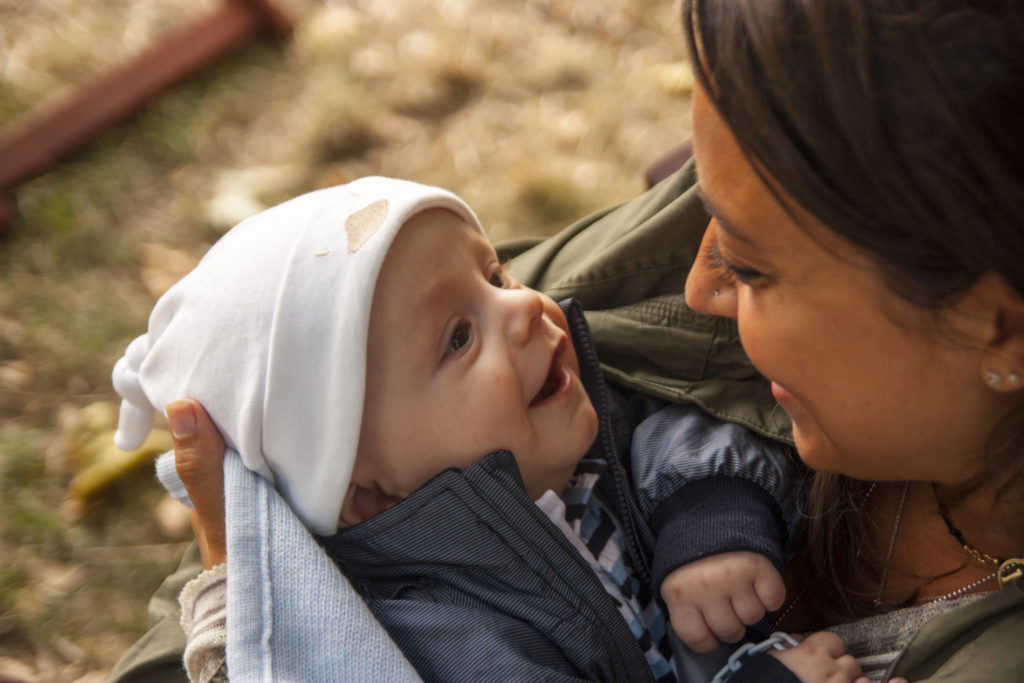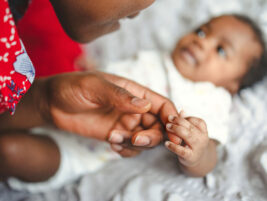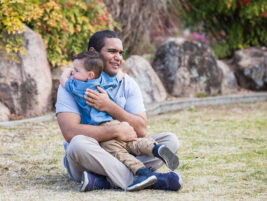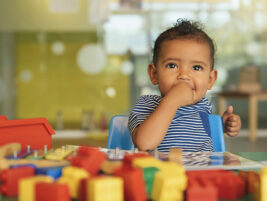In our regional affiliate (German Speaking Association for Infant Mental Health) we had a quite an intensive and controversial discussion about infant psychopathology during the past few years. One group of members clearly advocated in favor of strengthening infant psychiatry. In their view all major psychiatric disorders like depression, anxiety or behavioral dysregulations can be diagnosed during the whole life cycle – including infancy. Infant mental health specialists should help to establish developmentally sensitive criteria for the diagnostic features for the early age in order to help clinicians to detect disorders as early as possible. During the first years the diagnosing process should especially address the link between biological, psychological, and relational aspects of the disorder. The other group strongly disagreed with this approach, warning of a “psychiatrization” of infancy. In their view, diagnosing babies primarily leads to stigmatization that can harm further developmental perspectives. Infant mental health specialists should primarily address problems in relationships and not individual psychopathology.
The editors of the Deutsche Ärzteblatt (German Medical Journal) asked me to submit a state of the art paper on psychiatric disorders in early childhood. This journal is the official medium of the Bundesärztekammer (Federal German Medical Association) and is distributed weekly to approximately 300,000 German physicians, a huge readership. Medical doctors are encouraged to read the state of the art papers in each issue and complete multiple choice questions which address the content of the papers. If they are successful they receive CME points which they need in order to renew their license from time to time.
I thought that this offer was an opportunity and a challenge at the same time. The opportunity was that we could bring infant mental health issues to a huge number of doctors who work as practitioners, pediatricians, and hospital doctors etc. all over the country. The challenge for me was that I was aware of the controversy and was not sure whether I would be able to integrate all views in a balanced way. Three colleagues and members of my team at the University of Leipzig child psychiatry department joined me in writing a first draft. Our paper underwent a very strict review by four reviewers who were all more or less experts in the fields of psychiatry or pediatrics. The reviews were critical and somewhat contradictory. For example, one reviewer asked to include more literature on attachment relationships and psychodynamic thinking. Another reviewer argued that the paper focused too much on not evidence based relational theories and not enough on new neurobiological findings on individual psychopathology.
With the help of a very supportive editor we managed to integrate as many approaches as possible without losing the central content line. With the kind permission of the Deutsche Ärzteblatt editor we are now republishing the English version of the paper that had originally been published in the online Deutsche Ärzteblatt international, in Peerspectives. We would be pleased to receive other views about infant psychopathology in response to our line of argumentation so that we can open a debate among WAIMH and affiliate members and infant mental health specialists.
Authors
von Klitzing, Kai,
Leipzig, Germany,
Kai.Klitzing@medizin.uni-leipzig.de








